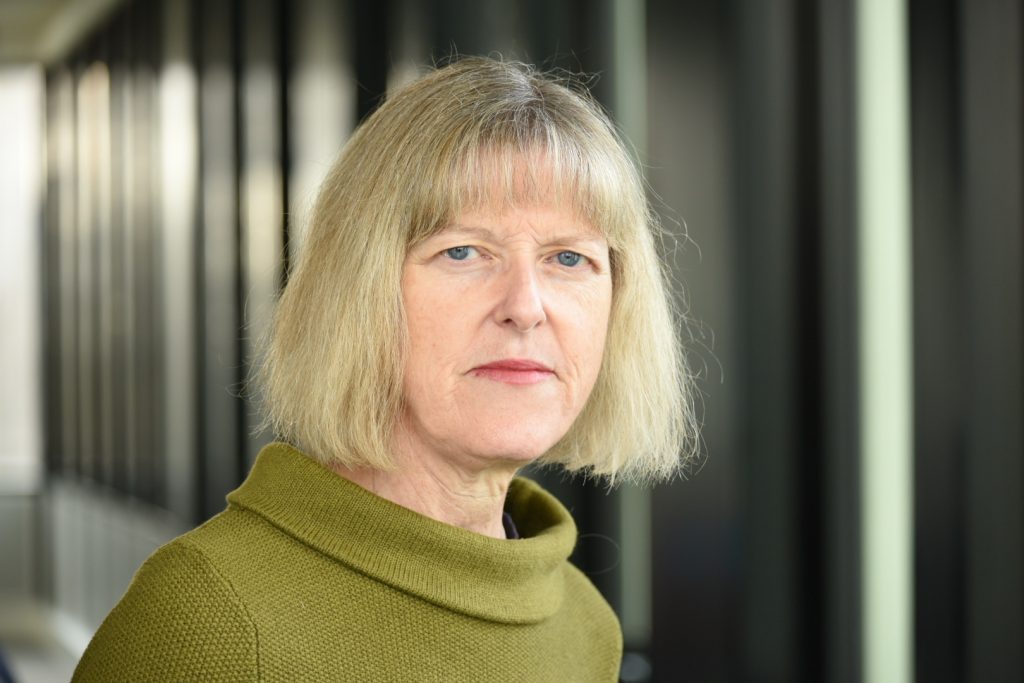Kent Law School Professor Rosemary Hunter is the lead author of a Ministry of Justice report, published today, that has prompted the government to announce a major overhaul of family courts.
The report, Assessing Risk of Harm to Children and Parents in Private Law Children Cases, examines how the family court protects children and parents in private law children cases involving concerns about domestic abuse and other serious offences.
Private law children cases are those which involve disputes between parents about arrangements for their children following separation. Today’s report was produced by an MoJ panel of experts in response to concerns raised about the effectiveness of the family court in protecting those involved in such cases.
Responding to the report’s recommendations, the government has announced a major overhaul of family courts to better protect victims of domestic abuse, including legislative amendments to guarantee access to special protective measures in court and to prevent victims being cross-examined by their abusers, and the trialling of a new investigative court process to ensure courts have all the information they need to make orders which protect children and adult victims from further harm. In a Written Ministerial Statement, the Parliamentary Under-Secretary of State for Justice Alex Chalk, praised the panel for their work and said he was determined to take action to improve the experience of survivors of domestic abuse in family courts: ‘This report lays bare many hard truths about long-standing failings in the family justice system, especially in protecting the survivors of abuse and their children from harm. It is not a comfortable read. The testimonies in the report show that there are some fundamental issues that we must address in order to improve the experience and ensure the safety of all participants in the family justice system.’
Professor Hunter has been working on the report since May 2019 when a call for evidence was first issued. She was among a panel of 12 family justice experts (drawn from the Judiciary, academia, social care, policy officials and third sector organisations). The panel received more than 1200 submissions in their bid to better understand the experiences of those involved, to identify any systemic issues and to build a more robust evidence base to inform improvements.
Professor Hunter said: ‘The evidence enabled us to identify fundamental structural barriers to an effective response to domestic abuse and child sexual abuse in private law children cases, and the report recommends significant changes to the law and court procedures to address these barriers.’
Professor Hunter recently completed a major, ESRC-funded project on ‘Mapping Paths to Family Justice’, with colleagues at the University of Exeter. The research investigated the operation and experiences of different forms of out-of-court family dispute resolution (solicitor negotiations, mediation and collaborative law), and resulted in a book, Mapping Paths to Family Justice: Resolving Family Disputes in Neoliberal Times (Palgrave Macmillan, 2017) which won the 2018 SLSA Hart Socio-Legal Book Prize.
Professor Hunter is the academic member of the Family Justice Council, a non-departmental public body with an interdisciplinary membership whose task is to monitor the family justice system to ensure it is working effectively and to advise on reforms needed for continuous improvement. She also presents regular sessions on family law issues at the Judicial College, and is a member of the Governing Board of the Onati International Institute for the Sociology of Law.

